A St. Louis-based organ transplant agency is looking into using unmanned drones to transport blood samples and medical supplies faster and cheaper across the Midwest. Mid-America Transplant’s aim is reportedly to speed up the process of confirming organ donor eligibility and improve access to medications and supplies in rural areas.
Drones on Display in St. Louis
At Mid-America Transplant’s Cheltenham neighborhood office, a drone made by Melbourne-based Swoop Aero was showcased on May 21, 2024. The agency wants to test these drones for transporting test samples and medical supplies. The ultimate goal is to eventually use them for delivering medications and potentially transporting donated organs.
The High Cost of Traditional Transport
Kevin Lee, the president and CEO of Mid-America Transplant, explained that the current process of transporting blood samples from potential organ donors is both time-consuming and expensive. A sample taken from a patient outside the St. Louis area usually involves a turboprop plane flight to the Spirit of St. Louis Airport in Chesterfield, followed by a car journey. This operation, particularly from Springfield, Missouri, takes about three hours and costs between $9,000 and $12,000.
Potential Benefits of Drone Transport
Lee pointed out that a drone flight covering the same distance would only take around two hours. Besides speeding up the process, using drones could significantly reduce costs. Mid-America Transplant hopes to use drones to transport medications and test samples between major hospitals and remote areas, and possibly even donor organs in the future.
Success Stories and Future Plans
Drones have already been successfully used for medical deliveries in other parts of the world. In Rwanda, drones have drastically cut down delivery times for blood transport, and in Baltimore and Toronto, drones have been used to transport donor organs. Mid-America Transplant is collaborating with Dallas-based Valkyrie UAS Solutions, which has been testing similar drone flights in Texas and Oklahoma. Ty Harmon, Valkyrie’s chief strategy officer, estimates that drone flights could cost between $100 and $1,000.
Challenges and Preparations
To establish a route between St. Louis and Springfield, Mid-America Transplant and Valkyrie UAS Solutions need approval from the Federal Aviation Administration (FAA) and must conduct several test flights. Lee hopes to begin drone transport of blood samples within the next 18 to 24 months.
Inside a conference room at Mid-America Transplant, Lee, Harmon, and Valkyrie CEO Catherine Self examined the 6-foot-by-7-foot drone. They discussed the drone’s potential to cover the 200-mile St. Louis-Springfield corridor, with Rolla as a potential base. Harmon noted that setting flight paths along railroad corridors is a strategy for FAA approval since railroads already use drones for infrastructure monitoring.
The Road Ahead
The drone would likely land on the outskirts of the St. Louis region to avoid densely populated areas. Self pointed out potential arrival paths into the region, including St. Charles County and areas south of the city along the Mississippi River. Harmon emphasized the gradual approach needed for this project, describing it as a “crawl-walk-run” process.
DroneXL’s Take
Exploring the use of drones for medical transport by Mid-America Transplant is a significant step towards revolutionizing healthcare logistics. This innovative approach promises faster, cheaper, and more efficient transport of critical medical supplies and samples, potentially saving lives. As technology advances and regulatory hurdles are overcome, the widespread use of drones in medical logistics could become a reality, providing better healthcare access, especially in rural areas.
Photo courtesy of SwoopAero / St. Louis Post-Dispatch
Discover more from DroneXL
Subscribe to get the latest posts to your email.

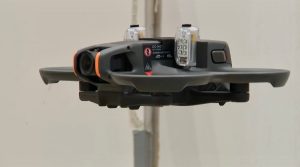
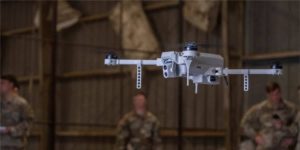
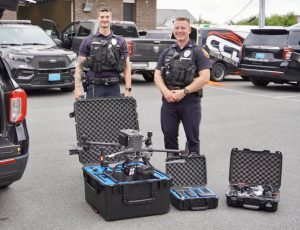




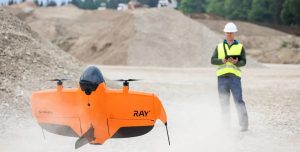
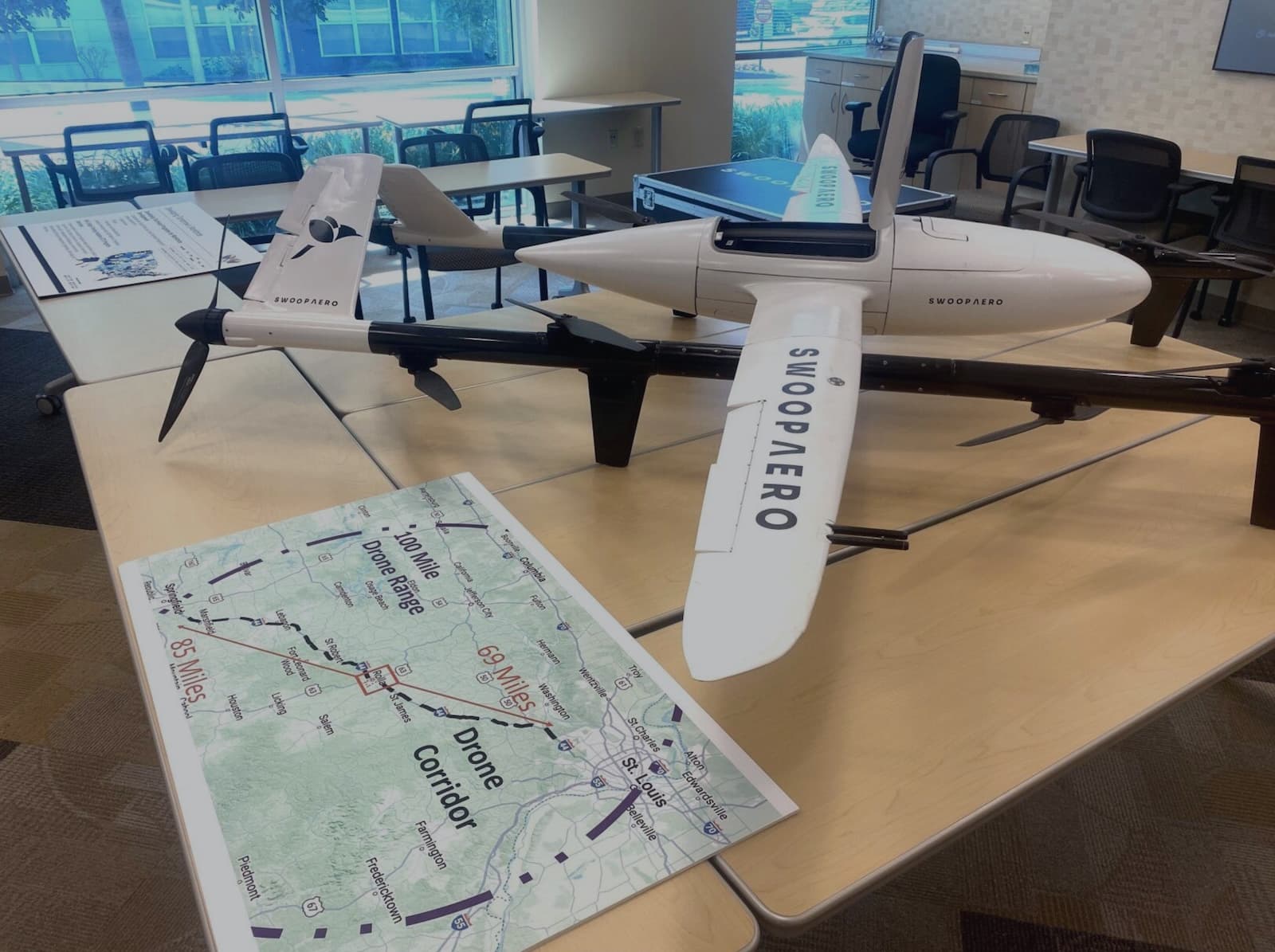

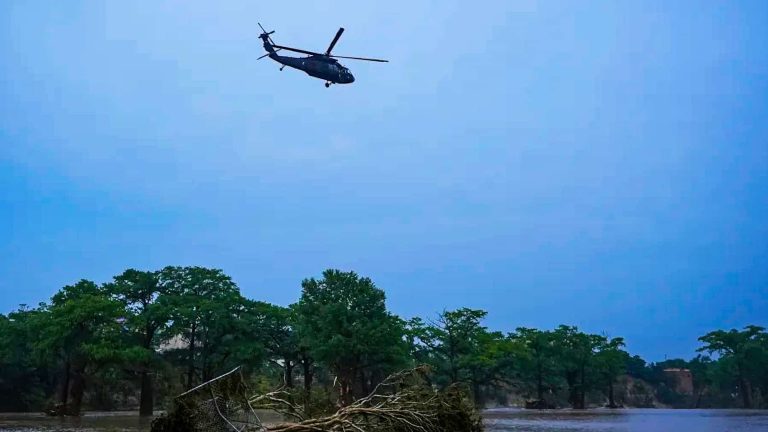
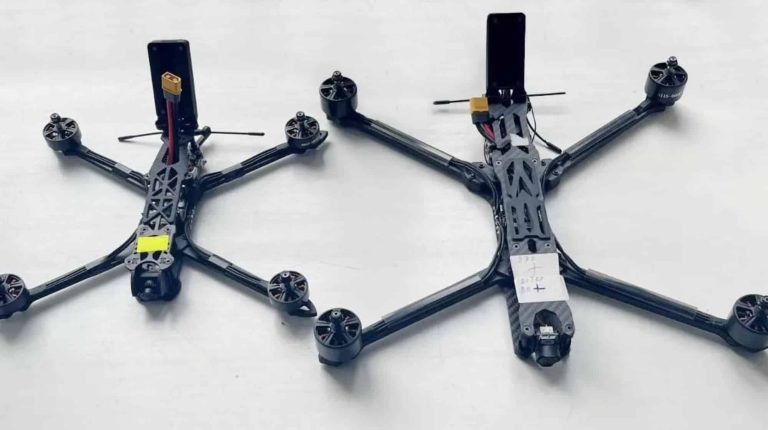

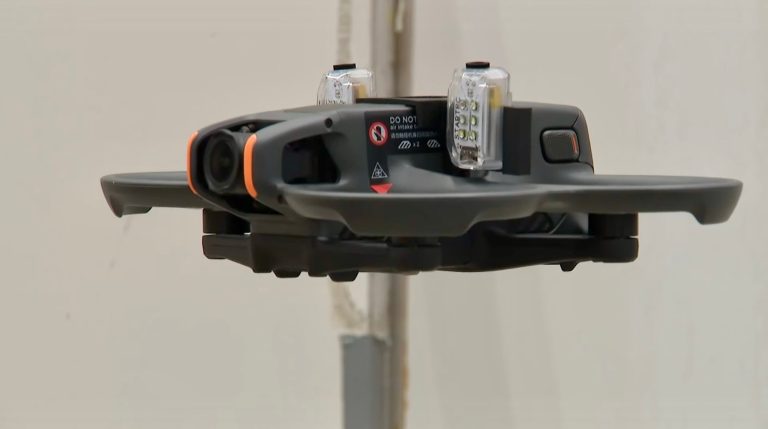
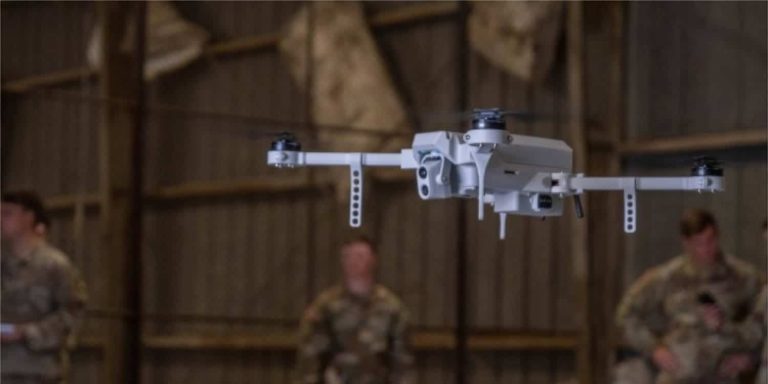
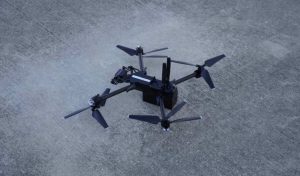
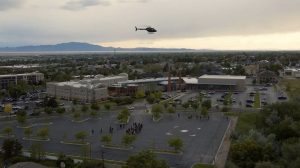
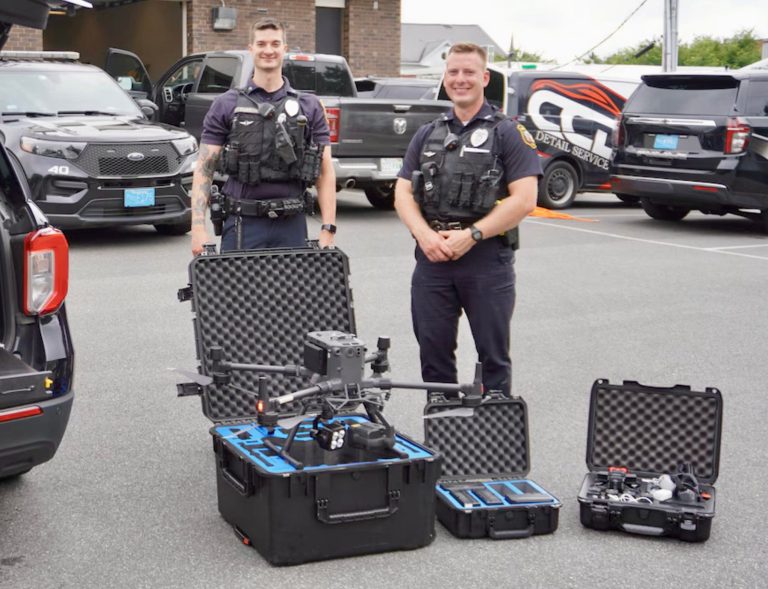

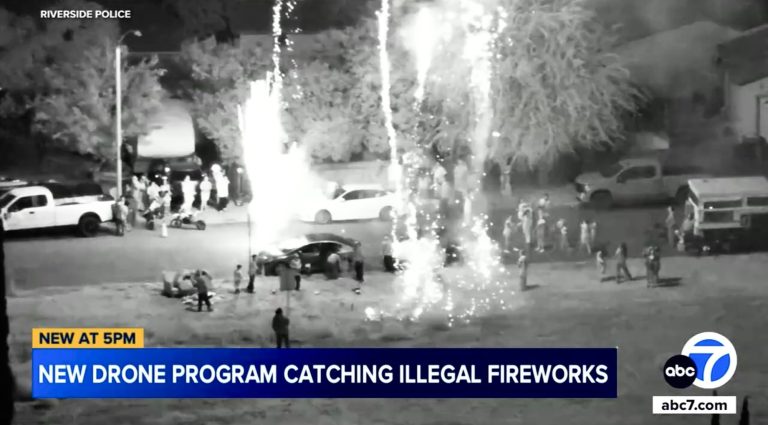
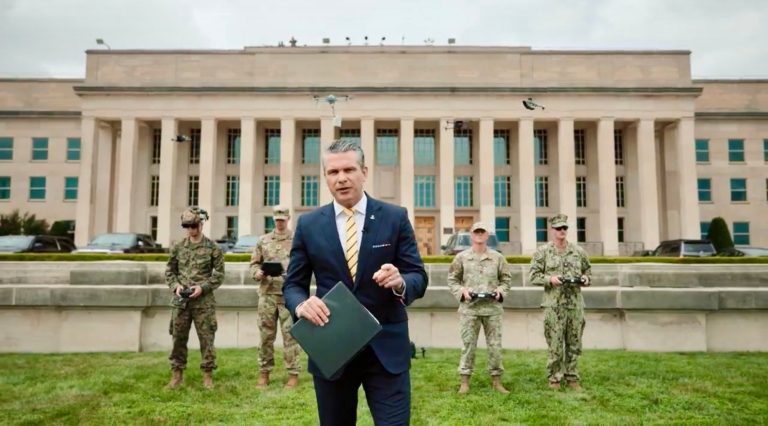
+ There are no comments
Add yours